Breadcrumbs
SIA launches Māori cultural capability and language programmes | Te Wiki o Te Reo Māori 2019
- Published
This morning, Social Investment Agency Chief Executive Dorothy Adams was joined by Te Taura Whiri i Te Reo Māori (Māori Language Commission) Chief Executive Ngahiwi Apanui to jointly sign SIA’s commitment to Kia Kaha, the organisation’s Māori language programme. Coinciding with Te Wiki o Te Reo Māori(external link) (Māori language week), Kia Kaha consists of three themes drawn from the whakataukī(external link) “kia rere, kia tika, kia Māori”. Kia rere – we will learn more, kia tika – we will say it right, kia Māori – we will use it more.
“I’m very happy to be launching SIA’s programme for Te Reo Māori,” says Dorothy Adams. “Kia kaha means let’s be strong and can also mean let’s be courageous. When we tie this together with our three themes, it sets our ambition for embedding Te Reo Māori into our everyday work.”
Today SIA also launched Te Aho Kura – the special strand, the overarching cultural capability programme for the organisation. Kura is the traditional, sacred colour red, while te aho tapu, or te aho kura, the first and main thread of the korowai(external link), weaves the key strands of the cloak together.
“The name, Te Aho Kura, likens our strategy to the sacred thread that weaves together our intentions and actions to understand Māori better and partner effectively with them,” says SIA’s Chief Māori Advisor, Atawhai Tibble. “Together, Kia Kaha and Te Aho Kura will better equip us to understand and do more of what works for better lives.”
The organisation has a full schedule planned for Te Wiki o Te Reo Māori, including the first hui of SIA’s waiata group. “I’m really looking forward to learning some waiata. It’s a great opportunity to get involved in te ao Māori and a great way to get to know my colleagues,” says SIA staffer Rosanna Kelly. SIA will also be hosting guest speakers on a range of topics and lunch-time language sessions throughout the week.
About SIA: Our purpose is to strengthen the use of data, analytics and insights in social sector decision making to improve New Zealanders’ wellbeing. We work with the social sector to create insights, tools and practices that are scalable, reusable, and of most use to the social sector. Our views are not tied to any single agency or part of the social system. By working together, we can understand and do more of what works for better lives.

